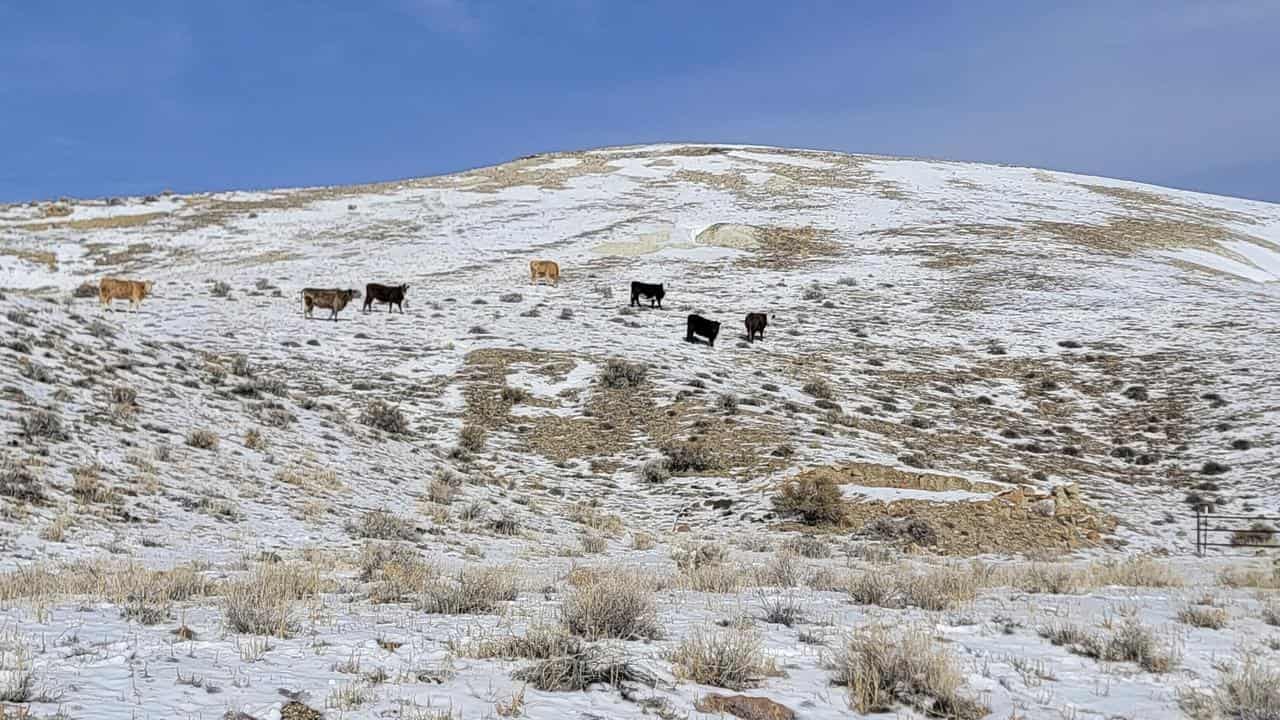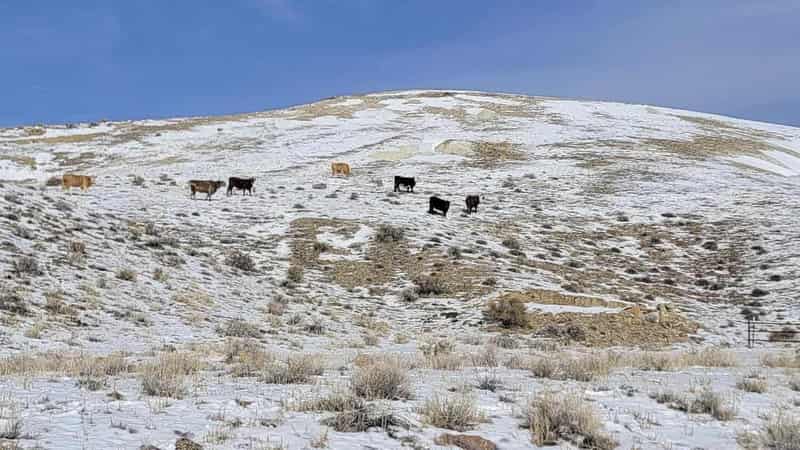
The US authorities have given final approval to Australian-listed Ioneer's Rhyolite Ridge lithium mine in Nevada, the first domestic source of the battery metal to be permitted by the Biden administration.
The mine is set to become a key source of lithium to Ford and other electric vehicle manufacturers.
The approval ends a more-than six-year review process during which regulators, the Australian critical minerals miner and conservationists tussled over the fate of a rare flower found at the mine site, a tension that exposed the sometimes competing priorities between climate change mitigation efforts and biodiversity protection.
The permit, which had been expected by the end of the year, comes amid a flurry of recent moves by Biden officials to support critical minerals production and offset China's market dominance.
It also unlocks a $US700 million ($A1.1 billion) loan from the US Department of Energy, as well as a $US490 million ($A738 million) equity investment from Sibanye Stillwater to fund the project.
"The Rhyolite Ridge lithium mine project is essential to advancing the clean energy transition and powering the economy of the future," said Laura Daniel-Davis, the US Interior Department's acting deputy secretary.
The US Bureau of Land Management, on Thursday issued the Rhyolite Ridge project's record of decision - essentially the mine's permit - and said the project will "include significant protections for the local ecosystem" and help create hundreds of jobs in the rural region.
The project, roughly 362 km north of Las Vegas, contains enough lithium to power roughly 370,000 EVs each year.
Construction is slated to begin next year, with production commencing by 2028, a timeline that would make Rhyolite Ridge one of the largest US lithium producers alongside Albemarle and Lithium Americas.
The US Geological Survey has labelled lithium a critical mineral vital for the economy and national security.
"We're proud to be the first US lithium mine permitted by the Biden administration," James Calaway, Ioneer's chairman, told Reuters.
The project will extract lithium as well as boron - a chemical used to make ceramics and soaps - from a clay-like deposit.
The lithium will be processed on site into two main derivatives used to make batteries, and the company said it plans to recycle half of all the water used at the site, higher than the industry average.
Ford and a joint venture between Toyota and Panasonic have agreed to buy lithium from the mine.
In addition to the lithium and boron deposits, Rhyolite Ridge is home to the Tiehm's buckwheat flower, which is found nowhere else on the planet and was declared an endangered species in 2022.
The Center for Biological Diversity and some other conservation groups thus oppose Ioneer's project, saying it would push the flower to the brink of extinction.
The Interior Department said it crafted "significant protections" for the plant during the permit review process, including changing mine design plans and propagation efforts that included construction of a greenhouse.
Department officials also released an opinion stating their belief that the mine would not harm the flower.
"We've come up with a very thoughtful plan that does protect this plant and ensures a stable supply of lithium for America," Calaway said.
The death of more than 17,000 flowers near the mine site in 2020 sparked allegations of a "premeditated" attack.
Ioneer denied harming the flowers.
The government later blamed thirsty squirrels.









